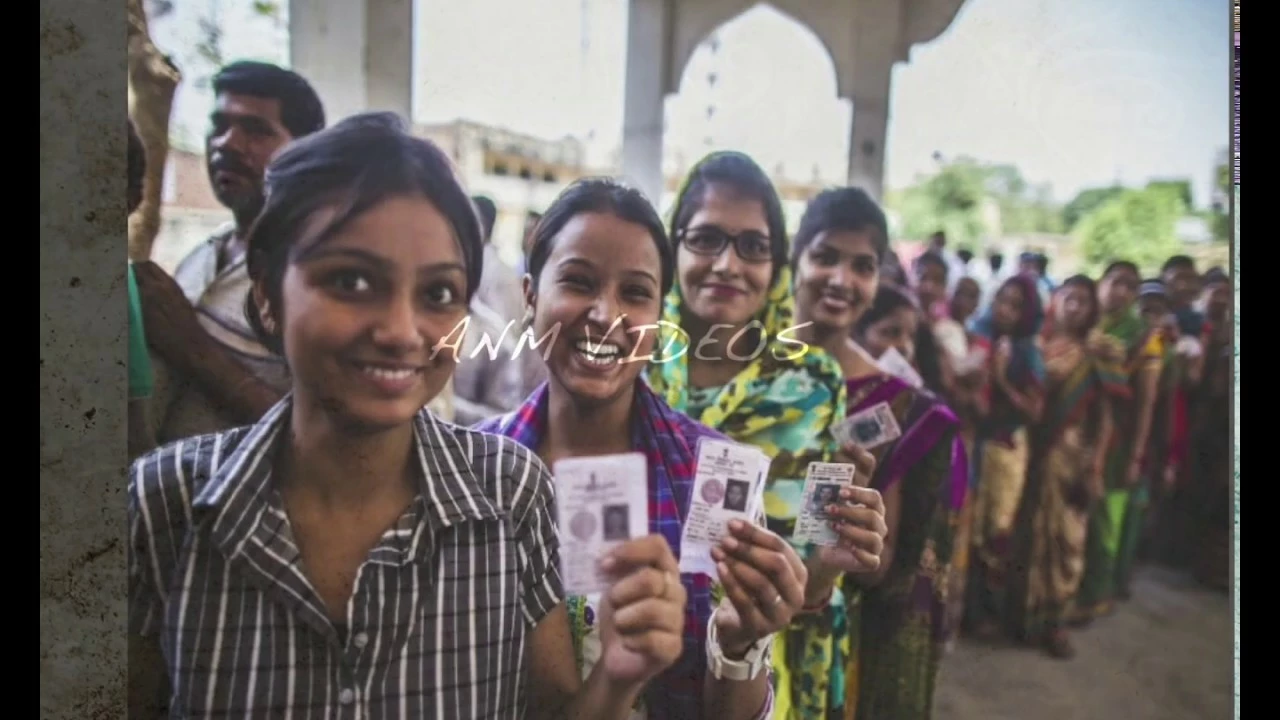Regret – Understanding the Feeling Behind Our Posts
When you click on the regret tag, you’re stepping into a mix of personal sighs, cultural critiques, and moments of hindsight. People use this tag when they look back at a decision, a comment, or a societal norm and wonder, “What if I’d done it differently?” It’s not just about feeling sorry; it’s about spotting patterns that need attention.
On our site, regret shows up in many forms. Some writers voice disappointment about Indian politics, others lament the way certain traditions affect daily life. A post about “Why do Indian girls boring?” is really a regret over missed opportunities for creative freedom. Meanwhile, articles like “Why do Indian-Americans hate India?” highlight a regret about cultural disconnects that many immigrants feel.
Common Themes Behind Regret Posts
Most regret‑tagged posts revolve around three ideas: unfinished potential, unfair systems, and personal conflict. For example, the piece on “Why do you hate India Being an Indian?” points to frustration with corruption and inequality—feelings that many share but rarely put into words. Another post dives into the controversy over posters of Amit Shah and Rabindranath Tagore, expressing regret that art can spark heated debates rather than unite.
Another recurring thread is the clash between tradition and modernity. Writers question long‑standing practices like the caste system or over‑populated city life, wishing they could rewrite the script. This kind of regret often fuels calls for change, turning a personal sigh into a public demand.
Turning Regret into Action
If you’re reading this and feeling that pang of “I should have…” you’re not alone. The first step is to name the regret clearly—whether it’s about a missed career move, a social issue, or a cultural habit. Next, break it down: what part is within your control and what isn’t? For instance, if you regret not speaking up about biased media, you can start by following neutral newspapers like The Hindu or Deccan Herald, as suggested in the “Which Indian newspaper is relatively neutral?” post.
Finally, channel that feeling into a concrete plan. Write a short list of actions you can take this week—share a balanced article, comment constructively on a controversial post, or simply talk to a friend about the issue. Small steps turn remorse into progress, and you’ll see your regret morph into a sense of contribution.
So the next time you land on a regret‑tagged article, use it as a mirror. See what bothers you, why it matters, and how you can act on it. Regret isn’t just a negative emotion; it’s a clue pointing toward what you value and what you want to improve. Embrace it, learn from it, and let it guide you toward better choices.
India Unveiled: A Tapestry of Tradition, Trials, and Triumphs
In this blog post, I share my personal reflections on being born in India, a topic that has stirred mixed feelings within me. I discuss the challenges, such as inherited societal norms and economic disparities, but also the unique advantages, such as the rich cultural heritage and diversity. Despite the difficulties, I express my lack of regret, as these experiences have shaped my identity and perspective. I emphasize that one's birthplace doesn't determine one's life trajectory, it's what we make out of our circumstances that truly counts. Thus, being born in India is not a matter of regret for me, but a diverse journey that I continue to embrace.
